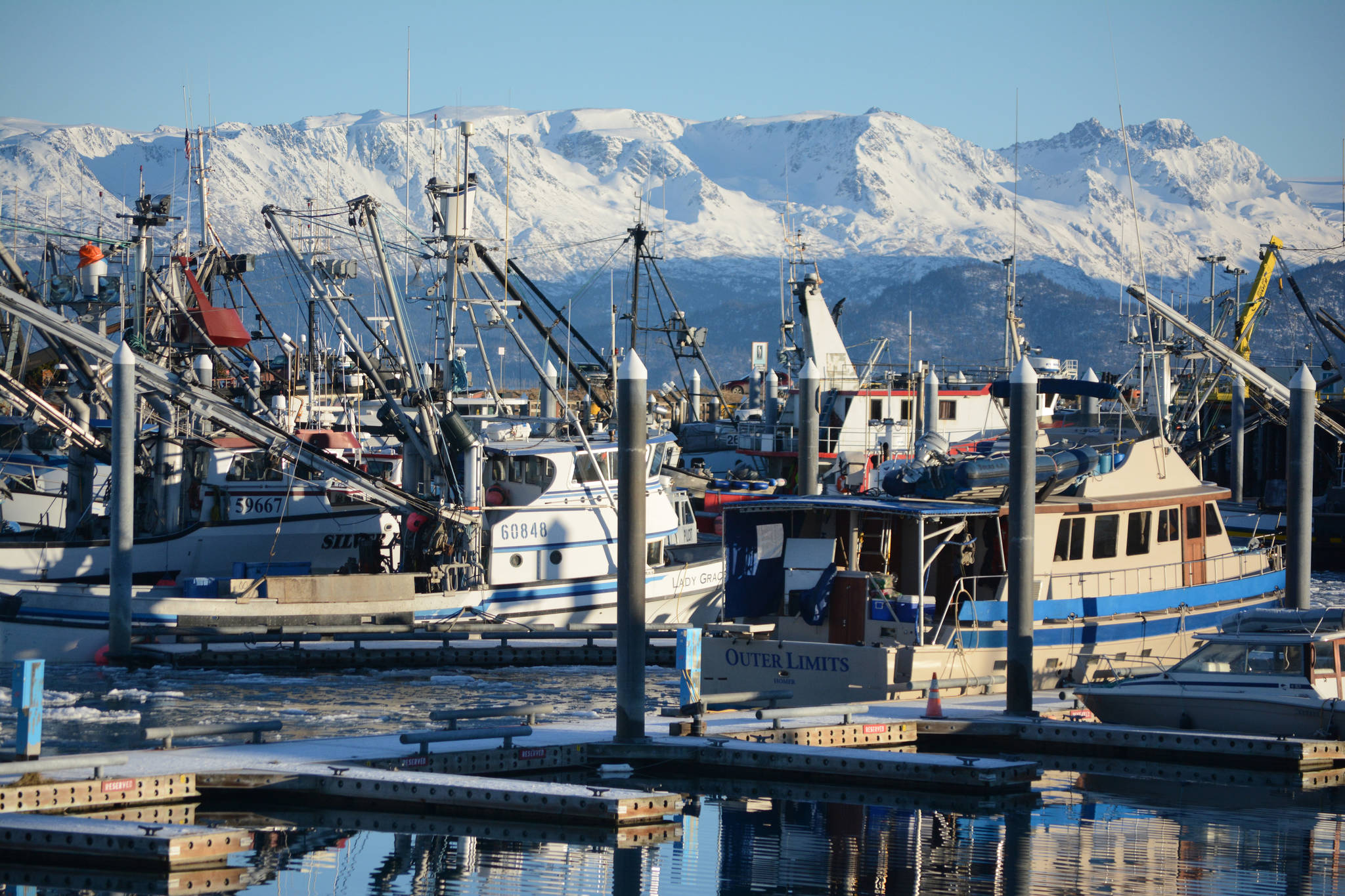The Magnuson-Stevens Act is going through a major, long overdue rewrite, and last week a version made it out of the House Natural Resources Committee, sending it to the full Congress. The MSA was originally passed in 1976, and was revised in 1996 and 2006, and it dictates how federal fisheries are conducted. It’s the reason the State of Alaska was forced by the courts to open the large part of Upper Cook Inlet they had sought to close due to management disputes. The courts determined that the closure did not comply with MSA. It was supposed to be rewritten in 2016, but politics got in the way.
That same reason is what will undoubtedly make this a hard sell with some, partly because it requires the regional councils to acknowledge and make plans to address the effects of climate change.
Other big changes that might get pushback from elected leaders in states such as Washington, which is headquarters to a large portion of the Bering Sea trawl fleet, and even from some in Alaska, are changes to the bycatch rules.
Previously, the MSA said that management plans should limit bycatch “to the extent practicable.” That wording is no longer in the Act, with the new version basically calling for a total end to bycatch.
Two of the largest trawl industry groups, the At-Sea Processors Association and the Bristol Bay Economic Development Corporation, sent a letter to the Committee spelling out the problem with such wording, saying it is overly partisan and would throw the industry into chaos.
They added, “For example, with very limited exceptions, bycatch is a reality in every commercial and recreational fishery. A mandate to absolutely minimize bycatch in all circumstances … could very well lead to managers or the courts shutting down fisheries where bycatch cannot be eliminated.”
The rewrite also mandates that two of the seats on the North Pacific Fisheries Management Council, the regional council that manages waters off of the West Coast and Alaska, must be filled by Alaska Natives.
Newly minted Congresswoman Mary Peltola, the Democrat elected to fill the late Don Young’s seat, advocated for that change before the committee last year, when she was executive director of the Kuskokwim River Inter Tribal Commission, saying, “The bill before us today makes great progress toward limiting the wasteful problem of bycatch.” Peltola now sits on the House Natural Resources Committee.
Cristy Fry can be reached at realist468@gmail.com.



